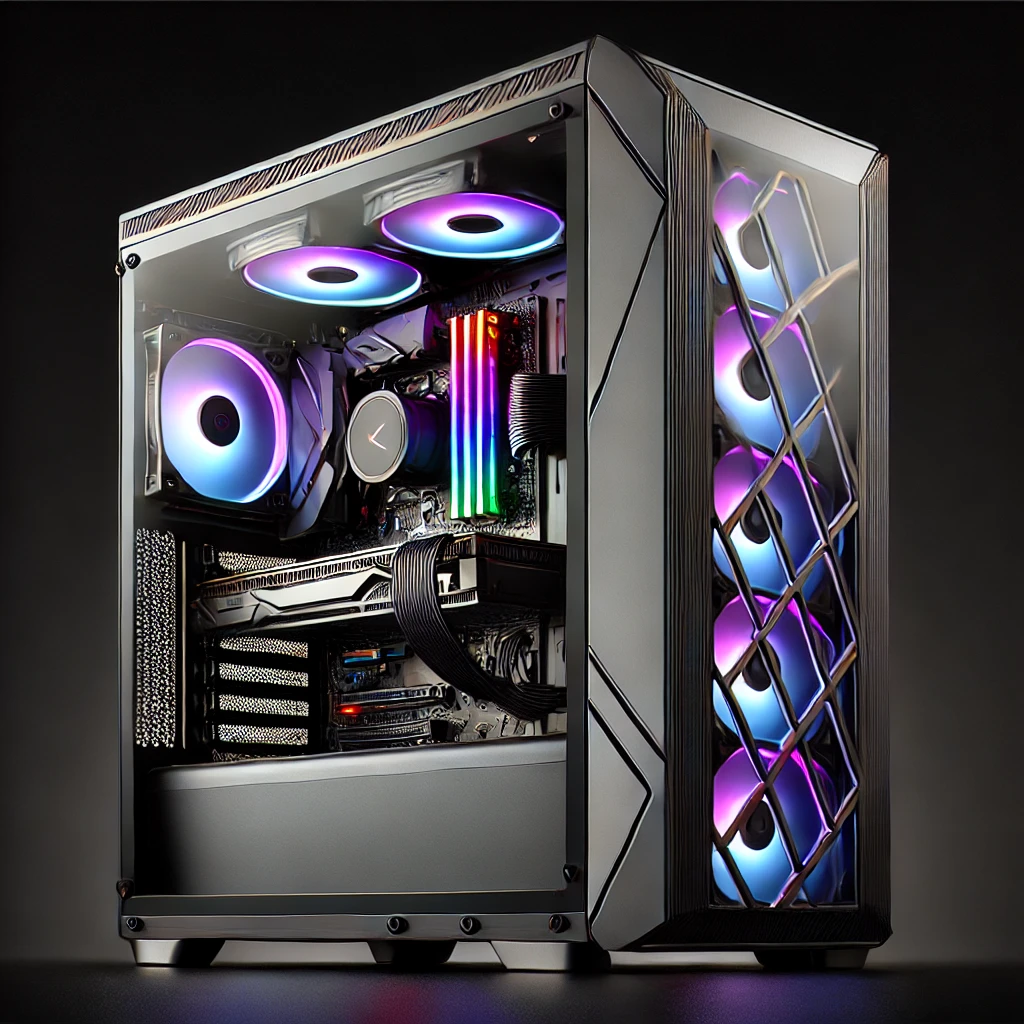Your cart is currently empty!
If there’s one thing that drives every gamer mad, it’s lag. Whether you’re deep in the trenches of an intense firefight in Call of Duty or maneuvering through a complex raid in World of Warcraft, lag can be a serious buzzkill. But fear not, fellow gamers! Here are seven practical tips to help you reduce lag and improve your online gaming experience.
1. Optimize Your Internet Connection
First and foremost, a stable and fast internet connection is crucial. Here are a few steps to ensure your connection is top-notch:
- Wired Connection: Whenever possible, use an Ethernet cable instead of Wi-Fi. Wired connections are more stable and faster.
- Router Placement: If you must use Wi-Fi, place your router in a central location to minimize obstacles that can interfere with the signal.
- Upgrade Your Plan: Check with your ISP to ensure you have a plan that offers adequate speeds for online gaming. Most modern games recommend at least 3-6 Mbps for a smooth experience.
2. Close Background Applications
Background applications can eat up your bandwidth and CPU resources. Before you start gaming, close unnecessary apps and processes. Tools like Task Manager on Windows can help you identify and shut down resource-hogging programs.
3. Optimize Game Settings
Adjusting your in-game settings can significantly reduce lag:
- Lower Graphics Settings: Reducing graphics quality can lessen the strain on your GPU and CPU, leading to smoother gameplay.
- Disable V-Sync: Vertical Sync can cause input lag. Disabling it might improve your response times.
- Adjust Resolution: Playing at a lower resolution can improve frame rates, especially on older hardware.
4. Update Your Drivers
Keeping your graphics card drivers and other hardware drivers up-to-date ensures optimal performance and compatibility with the latest games. Tools like GeForce Experience for NVIDIA cards and Radeon Software for AMD cards make updating easy.
5. Use a Gaming VPN
Sometimes, your ISP might throttle your connection based on your activity. A gaming VPN can bypass this throttling, potentially reducing lag. Additionally, it can provide a more direct route to the game server, lowering your ping.
6. Check for Server Issues
Lag can sometimes be on the game’s server side. Check forums or server status pages to see if other players are experiencing similar issues. If the servers are under heavy load or undergoing maintenance, there might not be much you can do but wait.
7. Upgrade Your Hardware
If your PC is struggling to keep up, it might be time for an upgrade. Here at Lithgeek in Lithgow, we specialize in custom gaming PCs. We can help you build a rig that meets your needs and fits your budget. Check out our online store for the latest components and gaming PCs.
Popular Games That Benefit from Reduced Lag
- Call of Duty: Warzone
- Recommended System Requirements: Intel Core i5-2500K, 12GB RAM, NVIDIA GeForce GTX 970 / GTX 1660 Super
- World of Warcraft
- Recommended System Requirements: Intel Core i7-6700K, 16GB RAM, NVIDIA GeForce GTX 1080
- Fortnite
- Recommended System Requirements: Intel Core i5-7300U, 8GB RAM, NVIDIA GeForce GTX 660 / AMD Radeon HD 7870
Conclusion
Lag doesn’t have to ruin your gaming sessions. By optimizing your internet connection, tweaking your game settings, and keeping your hardware up-to-date, you can reduce lag. For those looking to take their gaming to the next level, visit us at Lithgow Tech Services for custom gaming PC builds tailored to your needs. Happy gaming!
Discover more from LithGeek Custom Gaming Computers
Subscribe to get the latest posts sent to your email.
Posted
in
by
Tags:


